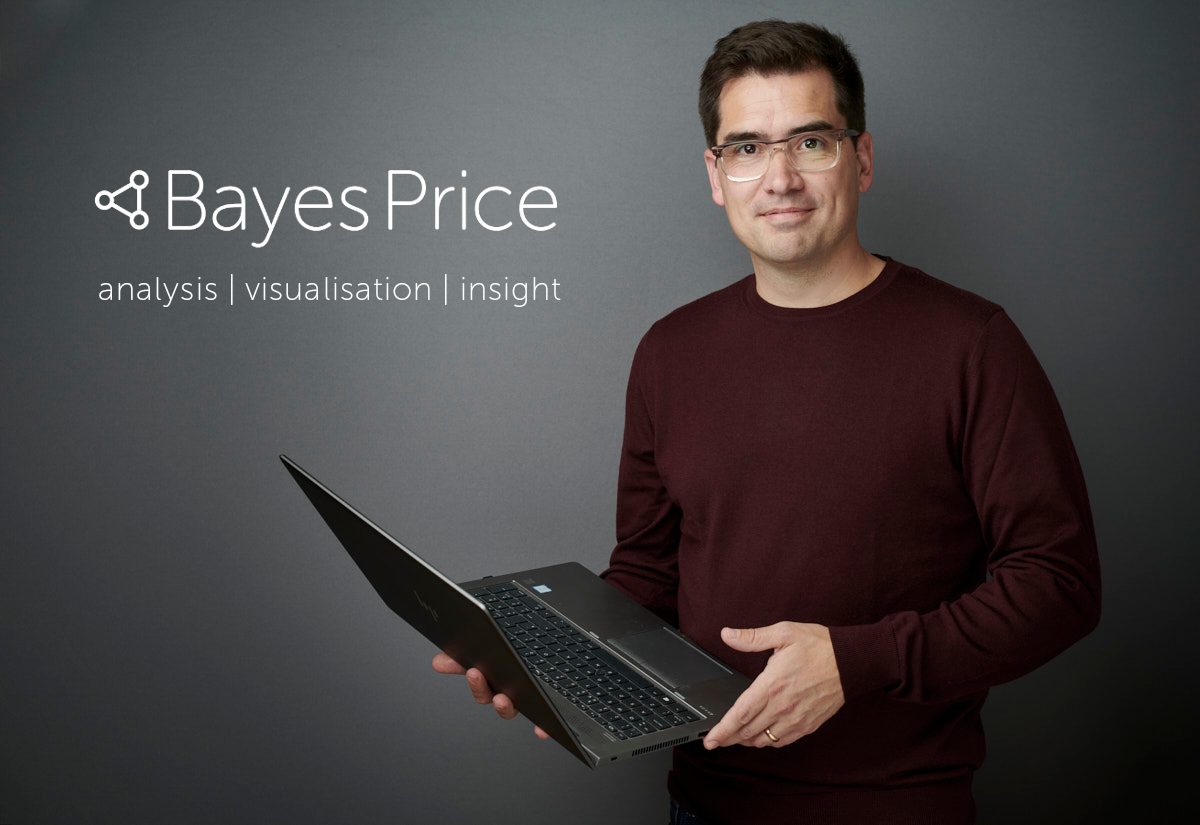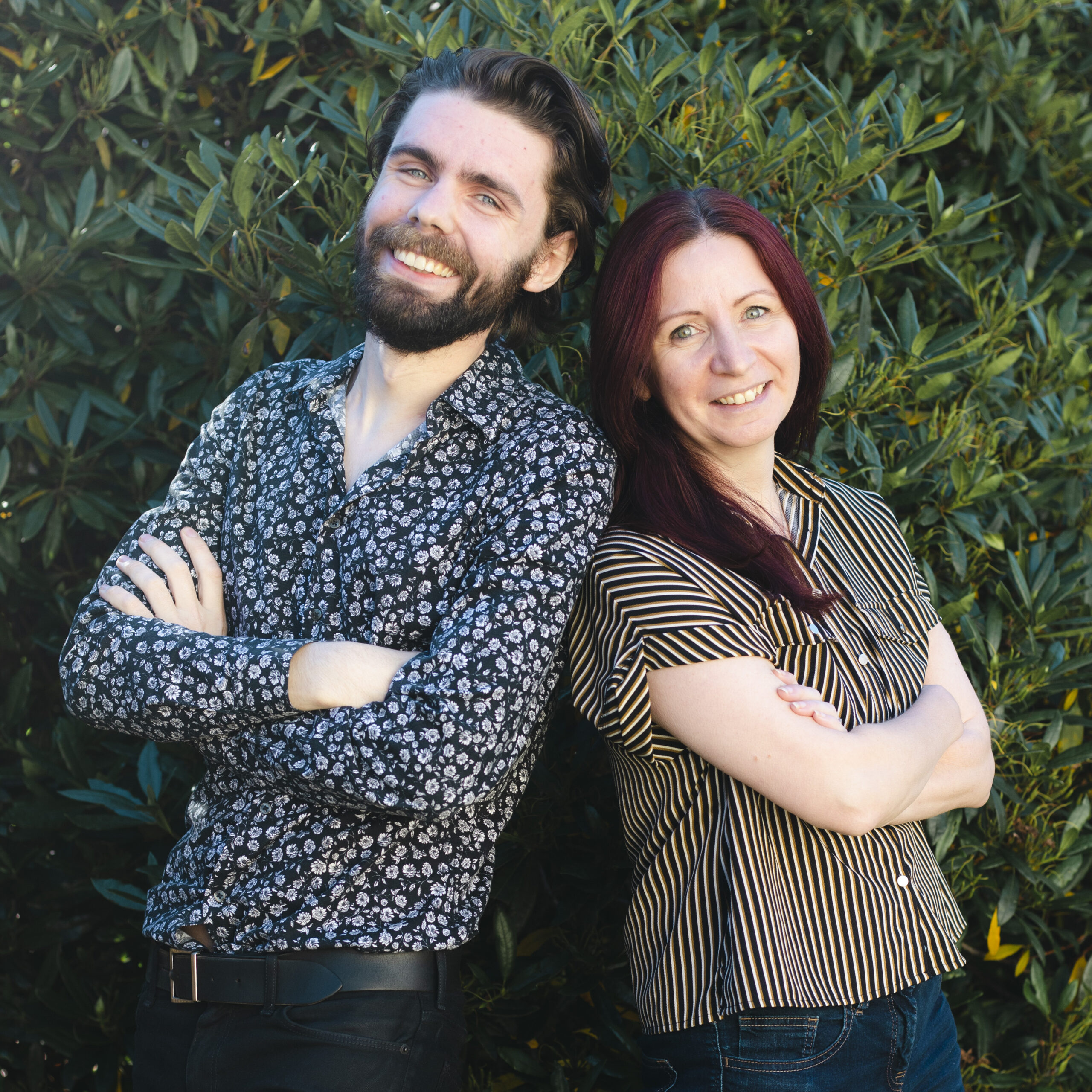Now in its sixth year, the MRS/ICG Award for Independent Consultants has attracted some of the very best of independent consultants and micro-businesses.
This year we celebrate our four Finalists. Here’s a summary of each of their submissions.

Following the #Covid conversation using MR tools
Matt Gibbs, Bayes Price
Work on this project was inspired by the desire to promote our sector, develop new techniques, engage in peer-to-peer knowledge share, collaborate internationally, and try to make a positive contribution to society in general. Bayes Price were tracking the #Covid-19 conversation since Jan 2020. Gathering 200 tweets every 5mins, for free, via Twitter’s API. At the time of writing they’ve amassed nearly 25 million lines of unstructured text (tweets). This work used automated techniques, some new to MR, to provide a ‘forest-eye view’ of our Big Qual database. They applied Syuzhet Sentiment scores, the NRC Emotion Lexicon, Machine Learning tags, and track conversation sub-topics. They flowed data into existing MR tools, analysing and tabulating in a way only MR tools can! Outputs were connected to visualisations in Tableau and PPTX. The interactive visualisation is hosted on Tableau Public.
Bayes Price hope this project will promote innovation and collaboration across our industry, empower peers to access, analyse and visualise Big Qual databases, emphasize that the BI-world has challenges which MR’s tech & talent is a perfect fit, contribute to the World’s Covid insights, prove that collaboration can help ICG members punch way above our weight and, finally, inspire our peers to get involved in this ongoing project.
https://theicg.co.uk/member/bayes-price/

Using video to conduct research and deliver insight for NPD
Daniel Parker-Smith and Roseann Smith, The Word Is Out
This paper showcases a project completed in summer 2020 for a global branding and design agency, 1HQ. The project was an in-depth look at how people manage gut health and to find opportunities for new products that could be developed and introduced into the market by 1HQ’s client, a Blue Chip company with >$30bn turnover. The Word is Out communicated their research through video and were subsequently able to present a range of emotive consumer desires and considerations to the client in a time when conventional methodologies were unavailable due to the COVID-19 pandemic. In this niche area of the food market, they gave clarity and a clear focus to move forward with NPD.
https://theicg.co.uk/member/roseann-smith/

How Qualitative Research Helped Virgin Pure Build A New Product Category
Tom Woodnutt, Feeling Mutual
Virgin Pure is a water dispenser appliance that provides filtered hot or cold water at the touch of a button. They faced the challenge of building a new category from scratch. Their CEO Tom Stazicher said: “Feeling Mutual’s insight drove a game changing 50%+ improvement in conversion rate on the launch of the new website and guided a restructure of the business around a new Customer Experience function. Over two years, Feeling Mutual used diverse qualitative methods to inspire management decisions from ethnography (to inspire advertising), to UX lab-testing (to guide a website rebuild), depth interviews (for product testing) and online and mobile qualitative co-creation (to shape retention strategy).
https://theicg.co.uk/member/tom-woodnutt/

Digging Your Data – How Deep Blue Thinking Helped Doodlebone Champion the Independent Pet Trade
Nick Bonney, Deep Blue Thinking
The pet food category is dominated by large well known brands but bizarrely when it comes to accessories such as collars or harnesses, there is a very little brand affinity. Doodlebone were aiming to change that by establishing by building a brand that can not only cater to the mass market but also tap into new market segments e.g. more active or style-led products. Through a phase of social media monitoring and qualitative research with both dog owners and pet retailers, Deep Blue Thinking helped them refine the positioning both of their current ‘originals’ range and potential new range extensions. They then built a segmentation of their retailers using their own transactional data to help them understand which ranges they should be targeting at which retailers. They’ve enjoyed working with a growing, family-owned business such as this where they saw an immediate impact of the research they were running.
